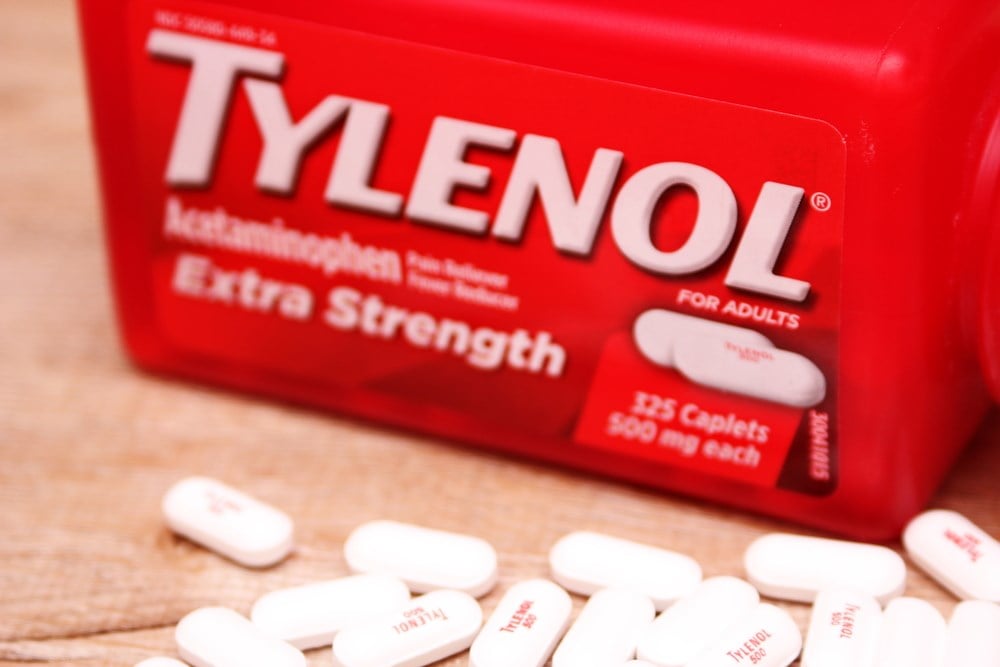
This year hasn’t been the most active when it comes to initial public offerings, but Johnson & Johnson (NYSE: JNJ) spinoff Kenvue Inc. (NYSE: KVUE) set a bar, of sorts, with the biggest IPO since Rivian Automotive Inc.’s (NASDAQ: RIVN) ill-fated debut in November 2021.
The IPO market has more or less dried up since. The number of IPOs fell sharply in 2022, due to factors including higher interest rates and a declining stock market. There have been 63 U.S. IPOs as of May 8, down 39% from the same time a year ago. Last year also turned out to be a bust for IPOs, which ended up with 181 deals, down 82.5% from 2021, which set the record for new company launches,
Kenvue raised $3.8 billion in its IPO, dwarfing the second-highest-valued deal, solar gear maker NASDAQ: NXT">Nextracker Inc. (NASDAQ: NXT), which raised $638.40 million in February.
Kenvue shares went public on May 4 at $22; the stock closed at $26.90 for the session. Unlike most IPOs, Kenvue was launched immediately into the ranks of large caps: Its current market capitalization is $49.50 billion.
Johnson & Johnson has been planning for the spinoff for years. It announced the plans in 2021, opting to separate its consumer-facing products division from its pharmaceutical division. While both businesses are health-care related, they have very different profiles.
Top-Selling Brand Names
Kenvue is now the corporate parent of well-known brands including Zyrtec, Sudafed, Tylenol, Motrin, Nicorette, Neutrogena, Avenno, Rogaine, Listerine, Band-Aid and Neosporin, among many others. Even the iconic Johnson’s baby oil, shampoo, and lotion products found a new crib at Kenvue.
Meanwhile, Johnson & Johnson pharmaceuticals address conditions in the areas of immunology, cardiovascular and metabolic disease, and pulmonary hypertension. These products, as you might guess, are marketed through wholesale healthcare purchasers, doctor’s offices and other business-to-business channels. The entire regulatory environment is separate from consumer products.
Johnson & Johnson also has a medical devices business unit, with products aimed at the orthopedic, surgical and eye-care markets. These products, too, are marketed through professional channels and have their own set of regulatory concerns.
For investors, running these disparate businesses side-by-side could hide the strengths of each line of business. Health-and-wellness consumer-focused businesses typically have higher margins than pharmaceuticals, although those aren’t too shabby, either.
Separating Two Unrelated Businesses
By separating the businesses, Johnson & Johnson shareholders can potentially capture the value of two-top performing companies. The theory is: The separation allows each company to have a management team focusing on its unique line of business, without distraction from something that’s completely unrelated.
Kenvue began operating as a company-within-a-company at the beginning of this year. Johnson & Johnson broke out Kenvue’s results going back to 2021; net sales totaled more than $15 billion.
While some media pundits believe Kenvue’s valuation is a bit rich, it’s not difficult to see the company’s own projections of low-to-mid single-digit growth in the foreseeable future. New CEO Thibaut Mongon, a J&J veteran, said Kenvue will have a focus on innovation. There’s clearly no intention to coast on sales from well-established brands.
J&J Still In Control
Johnson & Johnson still has control of the company, with about a 90% stake. That will dissipate over time as insiders sell shares. For example, Kenvue’s lock-up period is 180 days, ending on October 31 of this year. After that, insiders can sell their shares on the public market.
For now, the number of shares publicly available remains limited; 172.81 million Kenvue shares were made available. With any IPO or spinoff, it’s generally a good idea to give the stock some time to establish itself before jumping in.
Watch For Post-IPO Base
Most new stocks form a post-IPO base after an initial pop. Sometimes that base occurs in tandem with a broad-market pullback, but the reason doesn’t really matter. Some early buyers who are not subject to a lockup grab some quick profits, but with a company that’s already profitable and enters the world with a portfolio of top-selling brands, there’s extremely little chance of the company becoming a complete loser as sales stagnate. In fact, even during times of recession or high inflation, you can bet that consumers will keep buying Band-Aids, Tylenol, shampoo and baby products.
Investors might consider giving Kenvue a little breathing room to pull into its first area of price consolidation. As it emerges from that area, a buy opportunity will likely present itself.






